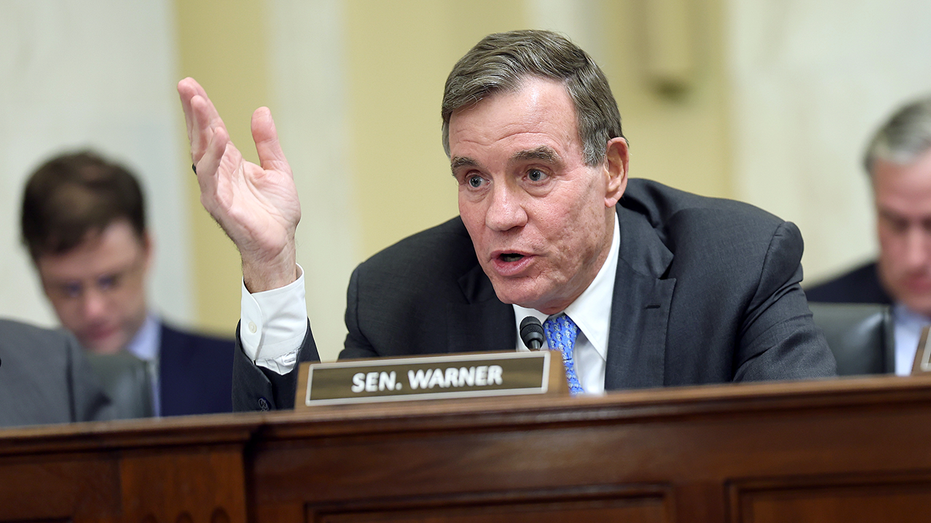STARMER'S LEADERSHIP IN SHAMBLES: Labour PLUMMETS Into Chaos!

Lucy Powell has emerged victorious in the Labour deputy leadership election, a moment arriving amidst a turbulent period for the party and its leader, Keir Starmer. She was widely considered the frontrunner throughout the contest, ultimately surpassing rival Bridget Phillipson.
The win follows a series of setbacks for Starmer, including difficulties surrounding the grooming gangs inquiry and the unexpected return of a migrant under a recent agreement with France. A concerning release from prison and a disappointing defeat in the traditionally Labour-held Welsh constituency of Caerphilly further compounded the challenges.
Starmer acknowledged the urgency of the situation, emphasizing the need for tangible change. He stated the party must deliver renewal that working people can see – opportunities for their children, rebuilt public services, and a solution to the ongoing cost of living crisis. He framed renewal as the only antidote to decline and division.
Bridget Phillipson, despite the loss, pledged to remain a strong advocate for party members and trade unions. She intends to continue campaigning for a second term Labour government, maintaining a powerful presence within the party structure.
Powell’s ascent wasn’t without its own complexities. She previously lost her position as Commons leader following Angela Rayner’s resignation, a move that triggered the deputy leadership contest. Her campaign received a significant boost from the endorsement of Mainstream, a group closely associated with Andy Burnham, a figure often seen as a potential future leader.
Powell faced scrutiny earlier this year after appearing to downplay concerns regarding grooming gangs, labeling them a “dog whistle” issue. This comment drew sharp criticism, particularly from Conservative leader Kemi Badenoch, who highlighted it as a shameful reflection on Starmer’s leadership.
The circumstances surrounding Angela Rayner’s departure continue to resonate. She resigned from all government and party roles amidst scrutiny over her tax affairs, but remains a Member of Parliament, representing her constituents from the backbenches.
In her resignation, Rayner expressed her commitment to public service and pledged continued support for Starmer, the party, and the broader Labour movement. She affirmed her dedication to improving the lives of those she grew up alongside.
Share this article
Related Articles
Trending Now
Article Info
Category
Politics
Published
Oct 29, 2025
Last Updated
6 minutes ago





